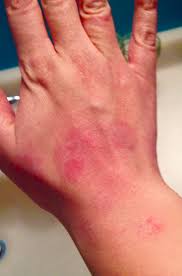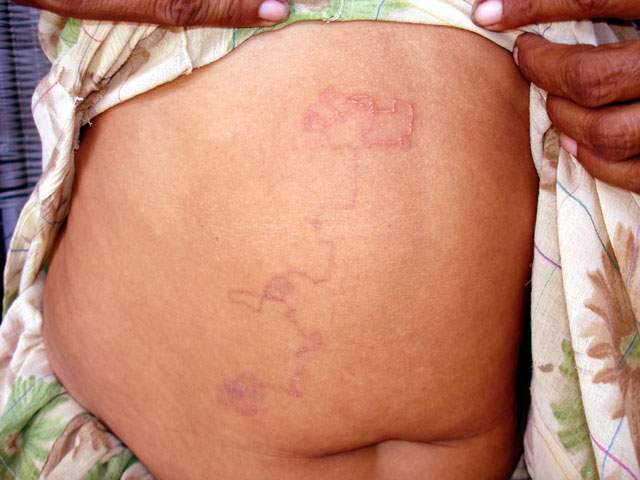
Prevention is the most effective way to make sure your dog remains safe from this deadly disease.are complicated by maternal hookworm infection and 10 million pregnant women in. The heartworms themselves are very easily transmitted and when heartworm disease develops it is not only life-threatening for your dog, but costly and difficult to treat. Heartworm is one of the most problematic parasites that can affect your dog, due to the fact that they are so hard to eliminate. Human hookworm infection has long been recognized among the major causes of anaemia in poor communities, but understanding of the benefits of the management of hookworm infection in pregnancy has lagged behind the other major causes of maternal. During pregnancy and delivering low birth weight babies, who in turn are at increased risk of dying.
Unlike many other parasites, heartworm cannot be spread directly from host to host. Hookworm eggs are shed in the feces of infected animals and then hatch into larvae in the soil.These deadly parasites were at one point only found in the southern United States, but have now spread to nearly all parts of the country and most continents. Dogs, cats and other animals can get hookworms from the environment. How can my animal get hookworms In dogs, larval hookworms can be transmitted from the mother to puppies during pregnancy or through nursing (oral).
The adult worms grow up to a foot long, and will continue to reproduce unless treated, with reported cases of up to 250 worms living inside a single dog.One of the reasons roundworms are so common is that they are very easily spread, and can be transmitted in a great number of ways.The first way that dogs might come into contact with these intestinal worms is actually before they are born – it’s possible for the mother to transmit the roundworms through the uterus to the puppies. People can become infected when walking barefoot because hookworm larvae live in Heartworm disease is the name given to the condition in which the heartworms that are transmitted to your dog develop into adults, causing damage to the lungs, heart and arteries. Locations that have a high population of any of these animals will greatly increase the risk of your dog contracting heartworm.Hookworm infection is an infection of the intestines that can cause an itchy rash, respiratory and gastrointestinal problems, and eventually iron deficiency anemia due to ongoing loss of blood. Necator americanus, which ranges in size from 5 to 11 millimetres (0.2 to 0.4 inch), is responsible for about 90 percent of human hookworm infections that occur in tropical and subtropical regions of the world.Heartworms affect not only dogs, but cats, wolves, coyotes and foxes among others. Most human infections are asymptomatic.6 Even in the present study all six women.Hookworms deplete the body of nutrients, and a major effect is severe chronic iron-deficiency anemia.

As the heartworms are now adults, they are detectable via a blood test. You may notice signs such as a light cough or a reluctance to exercise. At this stage it is still possible to eliminate the larvae using a heartworm preventative.As the larvae mature and reproduce in the heart and lungs, they will begin to cause issues for your dog. At this stage your dog will not usually display any signs or symptoms. If you dog eats one of these infected animals, the roundworm eggs will pass into their system and continue their lifecycle.The first stage of heartworm disease is when the larvae have entered the body of your dog, but have not yet matured into breeding adults. Small animals such as birds, rodents, cockroaches and worms can also pick up the eggs from contaminated soil.
Persistent coughing, often accompanied by bloodIn the advanced stages of heartworm disease, the symptoms will be the same, but much more pronounced. The most common symptoms are: At this point the heartworms are large enough to be seen with an x-ray.

Hookworms In Humans Pregnant Series Of Adulticide
Your vet will also start your dog on a heartworm preventative to ensure no new infections occur once treatment has started.In order to eliminate the worms themselves, your vet will administer a series of adulticide injections. This allows for the health problems to be stabilised and for any preparatory medication to take effect. In severe cases the dog may need to be hospitalised until these immediate conditions are stabilised.Treatment for adult heartworms does not usually occur until 60 days after the initial diagnosis. This may include pain relief, antibiotics to kill bacteria that live alongside the heartworm, diuretics to remove fluid that may have built up in the lungs, and drugs to improve heart function. In advanced cases, dogs may have to be prevented from moving at all by placing them in a crate.If your dog is experiencing serious symptoms, your vet will also need to stabilise these problems.
With any kind of exercise at all, there is the increased risk that these dead worms can block blood flow, leading to complications including death.Six months after the first injections, your vet will do a blood test to check that all adult heartworms have been successfully eliminated from the body. As adult heartworms die, their bodies are pushed by the blood flow into the smaller branches of the vessels that send blood to the lungs. An interim assessment will be conducted one month later to determine if the treatment is working and to check the progress of any health problems.Even if your vet determines that the treatment is working correctly, your dog will still need to be restricted. Again, your dog may be required to stay in for observation. Your vet may prescribe a steroid treatment to prevent inflammation.One month after the first injection, your dog will require two injections spaced 24 hours apart.


 0 kommentar(er)
0 kommentar(er)
